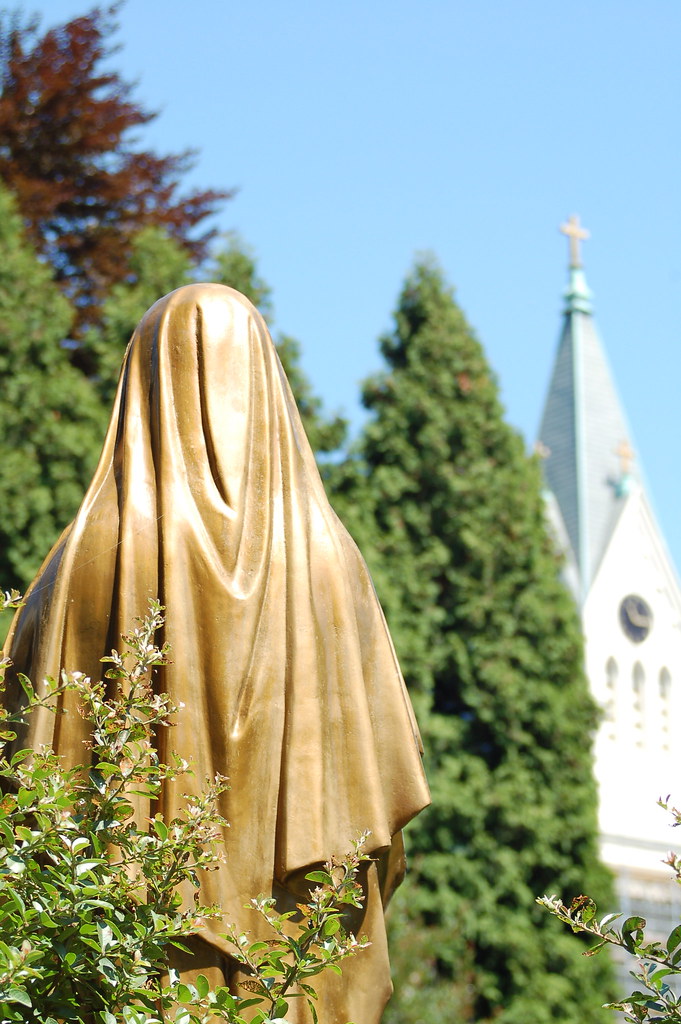Walking silently, second of six in a single-file line, through the organic farm that separates the retreat center from the main convent, I heard someone holler, “Is that Marisa McClellan I see?”
I looked up to see a very tan person pull the hat off her head and use it to extend the waving arm she’s pointing at me. Squinting at her, I connect that it’s my friend Victoria, just as she shouts that same information. I veer out of line and jog towards her over the uneven ground to say hi and give a hug. We chat for a minute and I promise to stop by a little later when this current activity is over.
About an hour later, I’m headed her way again, my group having splintered and separated as everyone has gone off to find little pockets of space in which to write or be quiet. When I find her, she is tucked into a patch of the farm, giving instructions to a farm volunteer. We take a little time to settle down at a picnic table in the shade and catch up. We leave out the formalities and talk in conversational short-hand about breakups (mine) and big moves (her). Before she needs to get back to work, she drags over a plastic laundry bin that has been employed as a home for tomatoes and asks me to take as many as I can carry. I balance my notebook on my arm and use it to cradle eight. Most are of a purple heirloom variety, their skins scarred from too much moisture early in their lives. She assures me that despite their looks, they are good eating.
I walk back slowly, wanting to protect this vegetal windfall I’m carrying. As soon as I get back to the retreat house, I slice into one and sprinkle it with sea salt from Indonesia that the nuns left on the back of the stove. Taking a bite, I am rendered silent, not wanting to let any of the taste I’m experiencing inadvertently escape. It is a transcendent moment, eating a soft, sweet, sun-warmed purple tomato, given to me by a friend that I hadn’t expected to see.
